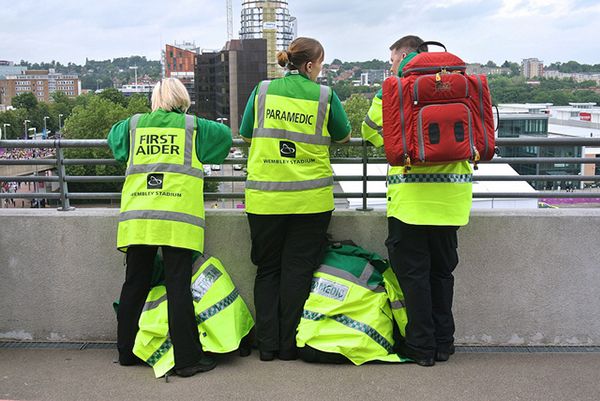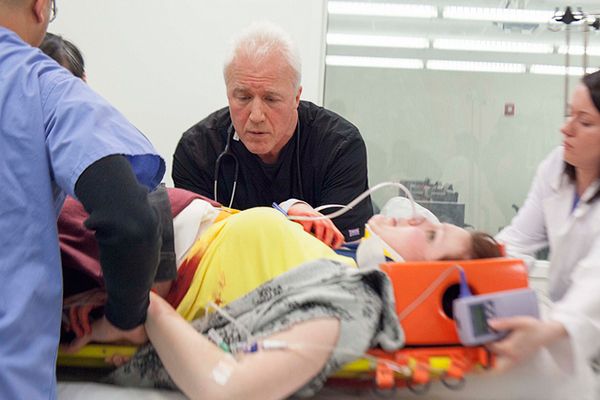By Sean Eddy
One big problem with EMS providers is that we tend to think we know everything.
Well, at least we think we are right about the things we assume we know. I’m not pointing fingers at anyone here, because I’m just as guilty. At some point between EMT school and passing our National Registry Paramedic exam, our brains got put into read-only mode and anything that was programmed prior to that became absolute fact.
In many cases, it’s not even a matter of being stubborn. We have literally programmed our brains to reject any outside information, regardless of the science or evidence behind it. The good news is, it’s not a permanent setting. We can alter the settings a little and allow our internal database to catch up with modern times.
Here’s how to do it:
1) Understand that you’re not the center of the medical universe

The first step to solving a problem is admitting that you have one. Let’s be honest here, we are terrible about this. We are so quick to question doctors, hospitals, nursing homes, home health agencies, law enforcement, etc. While we assume that we know what we’re talking about, we are often just making ourselves look like ignorant fools. As hard as it may be, I have really tried to make a practice of assuming that I know nothing about anyone’s job but my own. Forming opinions without actually knowing all the facts just sets us up to look bad.
2) Understand that you don’t know every aspect of EMS

This goes along with my previous point. You know that supervisor who irritates you when he enforces a seemingly pointless policy? Just remember that management is a reactionary force and every process and policy probably got written after somebody screwed something up. The same goes for dispatchers. No matter how much we want to believe it, we are not the resource management experts that we claim to be. There is so much more to that job than 90 percent of the paramedics out there understand. Once again, assume that you just don‘t know before you open your mouth and make yourself look dumb.
3) Read something

Medicine is constantly evolving and a lot of our practices in pre-hospital care were created with literally no scientific evidence. In other words, someone figured it was a good idea and ran with it. When we fail to stay up to date on current trends and science, it makes it that much harder for us to accept change. Remember, when we push medications, perform procedures, etc., we really have no idea what’s going on inside the patient’s body afterwards. We have no idea what actually produced the results that we just witnessed. Take the time to challenge your knowledge. Try to prove yourself wrong from time to time.
4) Ask questions

Here is the big kicker. When something doesn’t seem right, ask. Just a simple inquiry as to why something was done will get you so much further than to assume and formulate an opinion. Taking a transfer from a hospital and you can‘t understand why the ER doctor did (or didn‘t do) something? Try asking why instead of assuming they did something wrong. We often formulate opinions without all of the facts and once again, it sets us up for failure.
5) Accept that you might be wrong

Being wrong is a hard pill to swallow. When I moved from California to Texas, I was pretty dead set in a lot of practices that I later found were either ineffective, or even harmful. This will happen many times throughout your career, and that’s OK. That’s just how medicine works. What‘s important is that you‘re willing to learn and build on your knowledge. Do not make life-long commitments to any medical practice you‘re doing in this job, because that relationship is going to fail at some point. If you‘re going to have an opinion about something, make sure you have evidence to back it up.
When you look at the big picture in the medical world, EMS is barely a piece of dust on the map. This is by no means meant to downplay the importance or significance of what we do. It’s just meant to put our jobs and knowledge into perspective.












